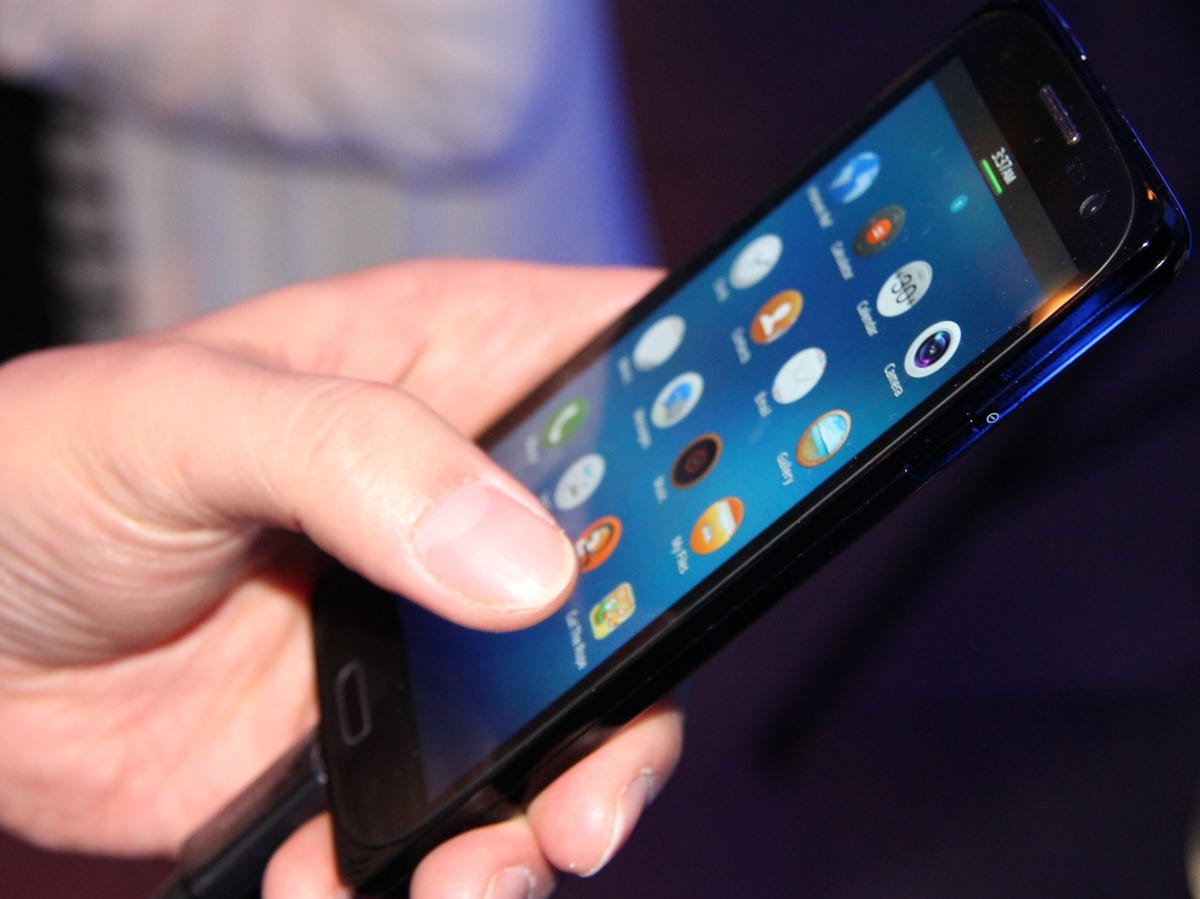commentary How do you feel about Firefox as an operating system? Or Ubuntu on your phone or tablet? Is Windows Phone 8 worth switching to? BlackBerry 10 means that the company formerly known as RIM isn’t dead yet, right? And what the heck’s a Tizen, anyway?
Depending on the OS, these questions and more will begin to plague mobile phone reviewers, phone providers, and consumers at large within the year at the most, and probably sooner.
Some people think this is a bad thing.
Related stories:
- Ubuntu Touch, Firefox OS, and Tizen: The good, the bad, and the ugly new OSes
- Who really needs the Firefox phone OS? Not me.
- No, we don’t really need another smartphone OS
- Ubuntu Touch beats Firefox OS to win best of MWC from CNET
- Samsung’s secret weapon in the mobile wars: Tizen
Yesterday’s IDC report that smartphones will overtake feature phones in global sales this year provides some straightforward financial logic for why we’re going to see so many new mobile operating systems in the next 12 months. Smartphones are booming, but the smartphone isn’t merely about the hardware in your hand. As Apple so deftly proved, they’re also indelibly tied to the app marketplaces that fuel their continued use.
What we’re faced with, as the dominant mobile operating system makers Apple and Google strive to be even more dominant, is a maturation of the market. A long time ago, personal computing settled into its Windows rut, with some fans of higher-end machines going to Mac, and Linux claiming the Rebellious Nerd market.
Your smartphone is not your laptop
Mobile is different. Smartphones aim to be accessible, and the plethora of mobile OSes that are coming our way look to solve the questions of accessibility in different ways. But so what? What can they offer that Android and iOS can’t?


Some people could argue that they’re just cannon fodder, foils to force Apple and Google to innovate and iterate even faster. Microsoft’s Windows Phone 8 has gotten solid ratings from reviewers and presents a mobile OS that looks unlike any other out there. If you want something different but attractive and usable, the new Windows Phones are good to check out. Windows Phone 8 also will have growing hooks to Windows 8 and offers a unified ecosystem from phone to tablet to computer.
BlackBerry 10 is in a somewhat similar situation, though it’s not out in the field yet. It’s a last-ditch attempt to save a struggling, once-dominant system. It looks great and functions well, but with quirks. However, it’s a closed ecosystem with a brand name that’s been abandoned by many businesses. I don’t expect BlackBerry to disappear, but it’s never going to be the dominant player it once was. That’s OK, because we’re moving toward an era of nondominant mobile operating systems.
BlackBerry 10 is in many ways BlackBerry through an Android filter — interesting but a hard sell. Windows Phone 8 is very different looking, and that also can be a hard sell for many people. It’s a premium product, too. The Internet has around 2 billion people using it, but they’re mostly in developed countries. To connect the next 2 billion, companies like Mozilla argue, will require a smartphone takeover of traditionally feature phone markets — and that means “emerging” or “developing” markets.
Targeting the next 2.5 billion Internet users
So, the mobile OS upstarts aim for vast swaths of Africa, India, Latin America, and China. It’s an ambitious gambit, but the impact stands to be global, not regional. We know that Twitter is building an HTML5 app for Firefox OS, but beyond the appeal of having a popular brand name, developing the app will have a global impact.
What happens to trends on Twitter when millions of people in these countries and regions are using it? When Facebook owns data on 2 billion people, not “just” 1 billion? The importance of the Internet in connecting people who would otherwise never be able to communicate will be even more dramatic.


Luke Westaway/CNET
Firefox OS, Tizen, and Ubuntu Touch play multiple roles here. They’re foils, sure, to challenge the dominant paradigm. And Mozilla is playing a keystone role in updating the browser with code that lets the browser control your local hardware.
All three of them also plan to rely on HTML5. Reports out of last week’s Mobile World Congress condemned Firefox OS for being too slow and buggy. But just like that other browser-based OS, Chrome OS, Firefox will get better over time, and sooner than you think. The fact that all three will run HTML5 apps also means that HTML5 will have more emphasis on it than ever before. Suddenly, development of the next-generation Web language will have some serious financial incentive behind it.
Mobile variety will lead to a stronger market
There’s no reason mobile OSes have to go the same limited path of desktops and laptops. Mobile OSes have the opportunity to grow a bit like the restaurant culture in San Francisco.
As anybody who’s been to SF knows, the city boasts a phenomenal range of dining options. You have your Financial District and SoMa joints that cater to the lunchtime crowds, your neighborhood venues that reflect the ethnic makeup of the neighborhood itself, trendy pop-up food trucks, and fancy places to go for a splurge. And we haven’t even gotten to the breadth of options. With sushi alone, you can go from cheap take-out to extremely high-end, sometimes on the same block.
The choices facing smartphone customers won’t ever be that diverse, but you will be able to choose from more than just iOS’s McDonald’s or Android’s Burger King. Yet instead of adding just Wendy’s or Taco Bell to the list, the virtue of competition plus pushing cutting-edge technologies will give us all better quality food trucks. I mean, better quality operating systems.



